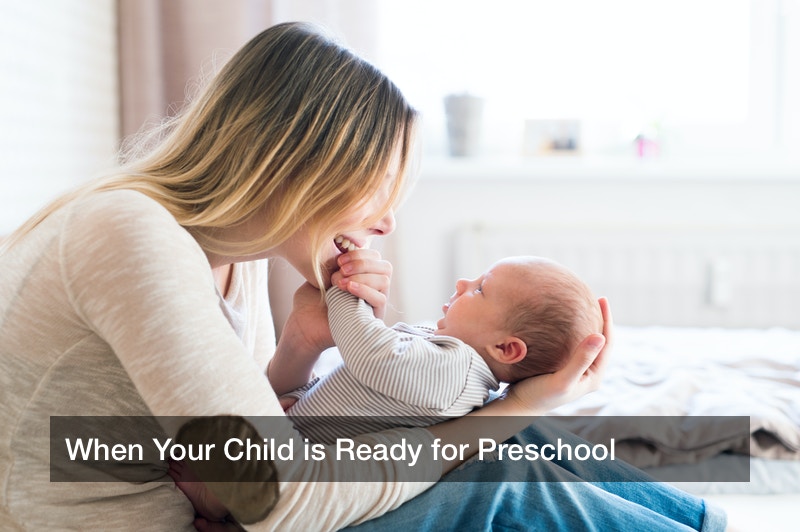

When your child is ready for preschool, you may be weighing the benefits of traditional daycare with an academic program that prepares them for kindergarten. In the United States, approximately three-fourths of preschool-aged children are enrolled in some type of program.
Traditional daycare programs focus more on play and other types of creative and social activities. This is important for your child’s social development because they learn how to make friends and interact with others.
Academic preschool curriculum, however, as its name implies, includes reading readiness and other preschool education activities, such as learning basic math and science skills. Academic preschool education curriculum also includes activities that introduce them to critical thinking.
It’s been shown that when children attend a quality preschool, it makes a significant difference when they begin kindergarten. As you may be aware, kindergarten has become more academically challenging in an effort to prepare children for first grade and beyond.
Once your child is in kindergarten and grade school, the way in which core educational standards are implemented will vary from state-to-state. Given the passage of the 2015 Every Child Succeeds Act (ESSA) by President Obama, there is an increased commitment to provide equal educational opportunities for children. An integral aspect of this act includes providing additional support, particularly for children considered to be at-risk, so that they are able to experience success.
According to the U.S. Department of Education, ESSA was a response to the more prescriptive No Children Left Behind (NCLB) act. It was found that the NCLB act had become even more unworkable for educators and schools to implement, ESSA takes a more reasonable approach to providing children with the skills they need to succeed in kindergarten through high school in order to prepare them for college and future careers.
Academic preschool programs are dedicated to preparing children for success in kindergarten and beyond. These programs familiarize children with what to expect in kindergarten as well as in the higher grades. Furthermore, academic preschool programs have the ability to excite and inspire young children. This is because these children are actually able to engage in foundational academic learning activities.
As you consider things to look for in a preschool, it’s important to think about an academic preschool rather than a traditional daycare. If you’re concerned about your child not having enough play time with an academic preschool curriculum, it’s important to remember that learning can be fun.

